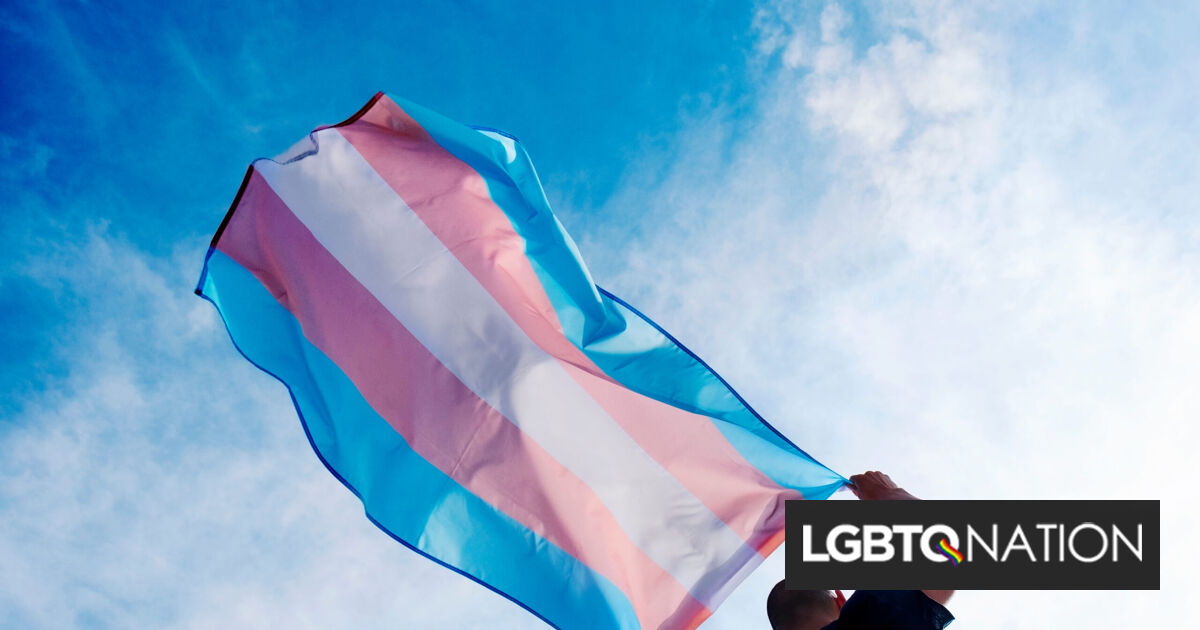Hormone therapy improves mental health for trans youth
Author: John Russell

Hormone therapy improves the mental health of transgender youth. That’s the takeaway from a new study from The New England Journal of Medicine, released last week.
The study is reportedly the largest in the U.S. to date. Over the course of two years, researchers tracked 315 trans and non-binary young people between the ages of 12 and 20 receiving hormone therapy. According to a summary of the research, “During the study period, appearance congruence (alignment between gender identity and physical appearance), positive affect, and life satisfaction increased, and depression and anxiety symptoms decreased.”
Researchers reported that young people who were assigned female at birth saw greater benefits when taking testosterone than those assigned male at birth who took estrogen. Several factors could be at play here, they speculated, including the speed with which the outward effects of testosterone manifest and greater social stigma faced by transfeminine people compared to transmasculine people.
The authors note that “marked increases in referrals but limited evidence as to long-term outcomes have led to controversies and debate” over providing adolescents with gender-affirming hormones (GAH). Across the U.S., state legislators have introduced bills restricting or outright banning gender-affirming care for transgender youth.
“Research like this is significant because it provides more longitudinal data,” Dr. Kareen Matouk, a clinical psychologist in the gender identity program at Columbia University Irving Medical Center, told Self magazine. “This helps individuals and their families navigate the health care system with more ease and confidence, and protects access to gender-affirming care that lawmakers are attempting to deny.”
Opponents of gender-affirming care for trans young people frequently argue that puberty blockers and GAH may have harmful or irreversible effects. But Matouk said, “We have some data suggesting that gender-affirming hormone therapy is generally safe and effective under the supervision of an endocrinologist or medical provider who specializes in transgender health care and has experience initiating hormone therapy.”
Gender-affirming care for both adolescents and adults has been endorsed by the American Medical Association, the American Academy of Pediatrics, the American Psychiatric Association, and many other professional groups as necessary and frequently lifesaving for transgender individuals.
While the authors of the new study stress that more research into other factors – including access to mental healthcare and the quality of peer relations and family support – is needed, their findings show that “that mental health improves with GAH, whereas withholding treatment may lead to increased gender dysphoria and adversely affect psychological functioning.”
Actual Story on LGBTQ Nation
Author: John Russell




